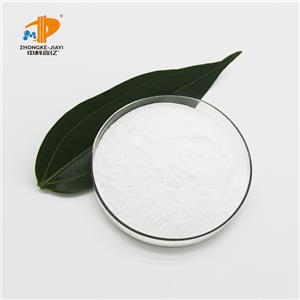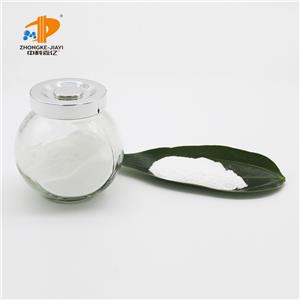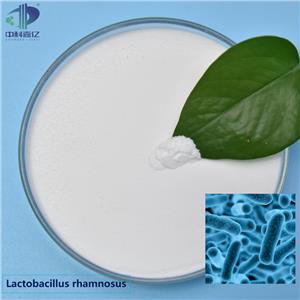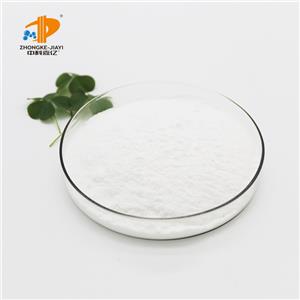- Home
- >
- News
- >
- Company News
- >
- Science popularization of probiotics
Science popularization of probiotics
1、 Do everyone need to supplement probiotics?
For this issue, we need to clarify that the purpose of supplementing probiotics is to improve the microbiota and achieve a healthier state. Supplementing probiotics is one way to improve the microbiota.
Not everyone needs to supplement probiotics, nor is it suitable for everyone to supplement probiotics, so the first step is to determine:
Do you really need to supplement probiotics?
Currently, diseases related to microbial communities that have been studied include:
Digestive system (diarrhea, bloating, constipation, etc.);
The nervous system (autism, mental disorders, etc.);
Immune system (asthma, etc.);
Metabolic system (obesity, diabetes, etc.);
Cardiovascular diseases (hypertension, stroke, etc.);
Cancer (pancreatic cancer, colon cancer, etc.);
If you are already very healthy and have always followed a healthy diet and lifestyle, then there is no need to supplement.
If the symptoms that appear on you are completely unrelated to the microbiota, supplementing with probiotics may not have much effect.
If the symptoms are related to the microbiota, or if you are experiencing chronic stress, malnutrition, medication, environmental changes, aging, disease, travel, gut microbiota disorders, etc., you can improve the microbiota and alleviate the symptoms by supplementing with probiotics.
2、 How to choose probiotics?
At present, there are various types of probiotics on the market, and it is not easy to choose the one that is suitable and effective from so many probiotics. We can try to understand probiotics from the following aspects.
Try to choose effective and tested probiotics as much as possible
The most reliable probiotics are those that have undergone double-blind testing. If double-blind trials are not conducted, there may be deviations in probiotic testing. This information should be clearly printed on the packaging. Check the packaging to confirm if the probiotic manufacturer has informed us of the test results.
The use of standardized traceability processes ensures consumer safety and product registration, and selects probiotics produced by strictly regulated companies as much as possible.
For types without live bacterial identification, sterile strain numbers, and no literature data support, caution should be exercised.
3、 Is probiotic supplementation safe?
It is safe for the vast majority of people to start taking probiotics. A few days before starting to take it, there may be symptoms such as stomach discomfort, bloating, diarrhea, or bloating. These symptoms usually disappear after physical habits.
4、 Possible side effects of taking probiotics
If the patient is suffering from diseases such as excessive growth of small intestine bacteria, attention should be paid as digestive problems such as bloating and constipation may occur.
In addition, it may also interact with certain drugs. If taking medication for a long time, or for individuals with severe infections and recent surgeries, please follow medical advice before using probiotics.
If you have milk allergies, lactose intolerance, pregnancy or breastfeeding, please consult a doctor to see if it is suitable for use.
5、 Packaging and storage of probiotics
Embedding can provide significant protection for probiotics during transportation under adverse and fluctuating conditions through the gastrointestinal tract.
Microencapsulation has a significant impact on the storage stability and post storage performance of probiotics. Microcapsulation can improve its survival rate under adverse environmental conditions, ensuring that a certain amount of probiotics enter the human body and are released in the intestine, thereby enhancing the value of probiotics.
The types of probiotics and storage methods may vary,
The storage methods for probiotic products can generally be divided into three types: room temperature, refrigeration, and freezing. Many probiotic products on the market require refrigeration. Please check the packaging to understand how to store. For dry probiotic supplements, they generally need to be stored in a dry, dark place (humid conditions can cause metabolic fermentation or degradation).
6、 Pay attention to the usage period
Like other foods, probiotics also depend on the production or expiration date. Over time, the number of CFUs may decrease. Therefore, it is best to check the date on the packaging.
Get the latest price? We'll respond as soon as possible(within 12 hours)




